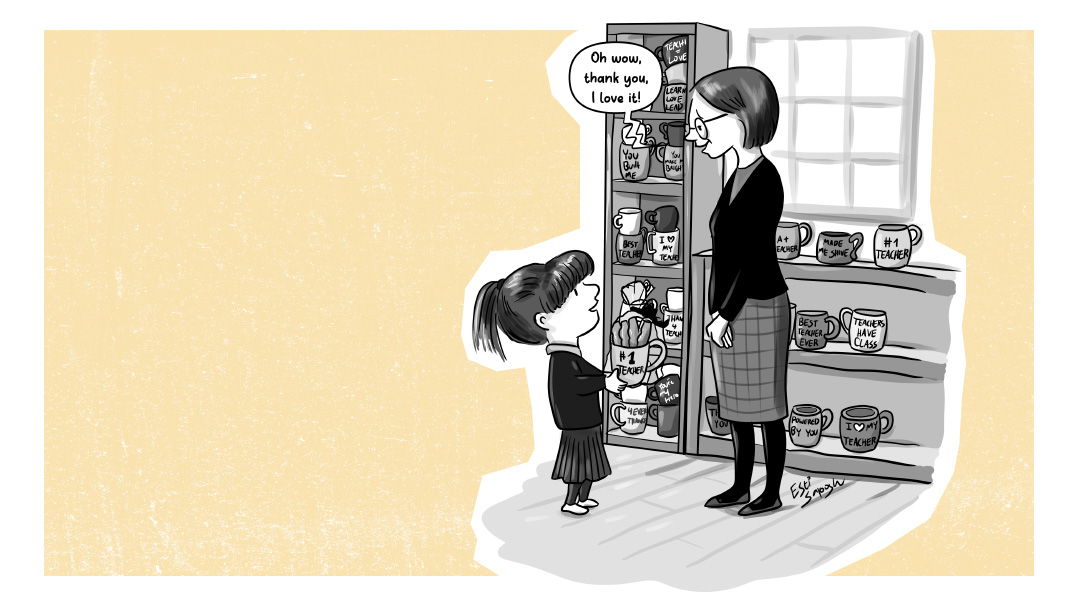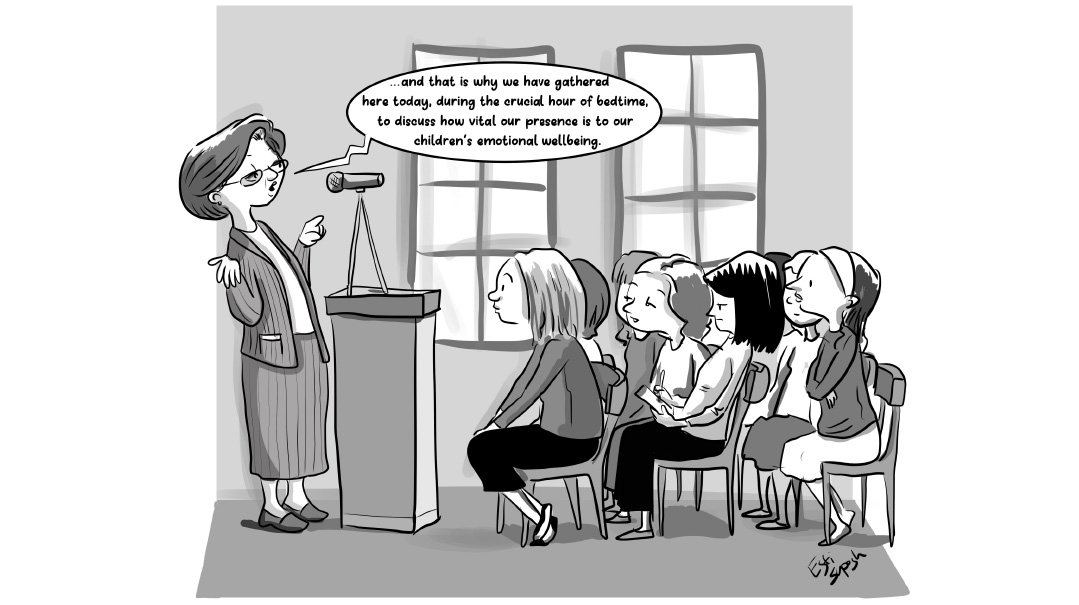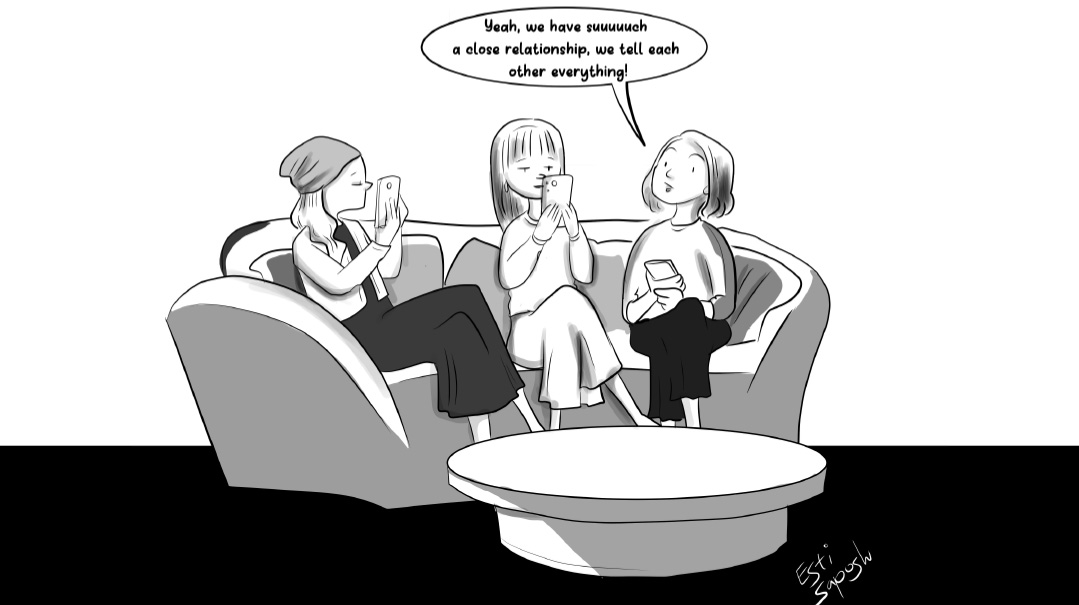“Should I Have Said Something?”
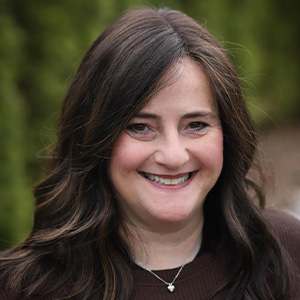
“When we start at Chapter 26, we have no idea what happened in the 25 previous chapters”
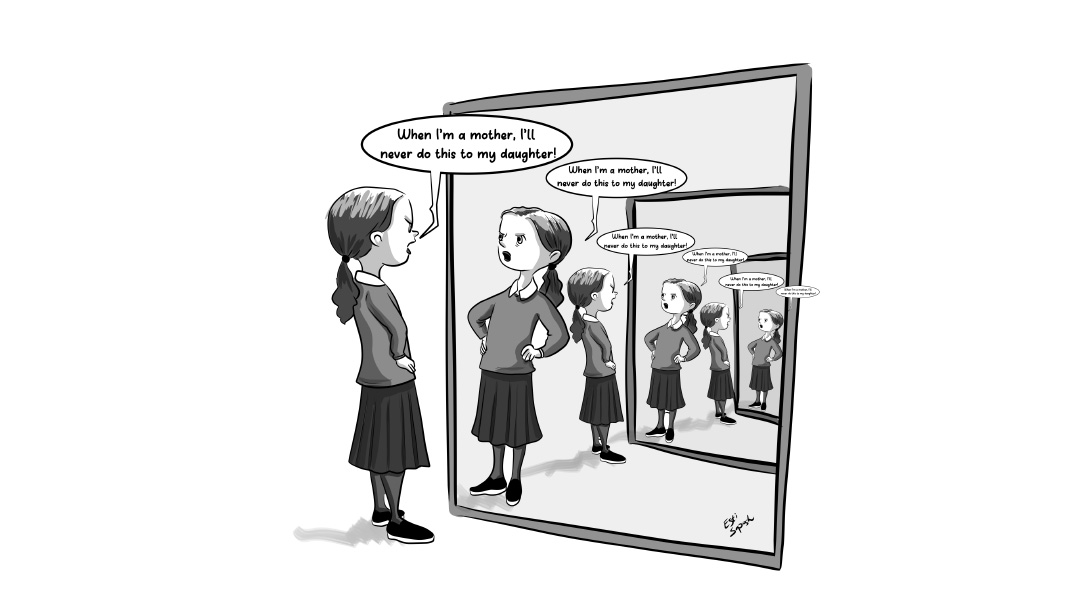
Q
I was on the bus in Israel last week. There was a young, frum couple with a baby in the opposite aisle and I was really shocked by how the husband was speaking to the wife. He was very impatient and irritable. At one point they got into an argument, and the wife said, “I didn’t say it like that...” and he said, “Yes you did. You can lie, but it only makes things worse....” The husband got off a few stops earlier than the wife to go to kollel. Being about a decade and a half older than this couple, I was debating whether to say something to the wife, that she doesn’t deserve to be treated that way and she should speak to a rav. But I didn’t have the guts, I didn’t want to embarrass her in public, and I wasn’t sure if it was the right thing to do, so I didn’t say anything. Should I have?
A
This is a perfect reminder that when we start at Chapter 26, we have no idea what happened in the 25 previous chapters. We have no idea what this couple’s history is or even what happened just prior to them getting on the bus. There are many instances where a scenario appears clear-cut, replete with good guys and bad guys. We all love a good victim, perpetrator, rescuer triangle where everyone plays their part to perfection. We especially feel a charge when we are the potential hero.
I’m not suggesting that you relished the possibility of being a rescuer. This was clearly an uncomfortable situation to witness, much more so to be a part of. But there is a rush of self-importance that needs to be checked before being so quick to judge a situation. We also need to explore whether a dynamic like this brings something up for us that needs attention.
It’s hard to know whether this was a case of “al taamod al dam reiecha” where you need to intervene to ensure someone’s safety, or a case of potentially embarrassing someone and causing them a different type of death. I can’t speak to the halachic consideration, but I can say that we need to tread carefully and by invitation when we enter someone’s personal space.
So this might leave you feeling helpless. Is there nothing we can do when we see someone being hurt?
Had this young woman given some indication that she wanted to share, that would be a whole different story — and it would be a great kindness to offer a listening ear. Please note that a listening ear and a judgmental tongue are not the same thing.
There is one thing you can do is restore a small piece of the dignity she may have lost in this interaction. A warm smile, a kind comment about her cute baby, a compliment about her eyes, will let her know that someone sees her as a Tzelem Elokim and will hopefully abate some of the sting of the humiliation.
What we can do is be kind and respectful to each other. We can be part of creating a culture in which speaking to others with respect is the norm. We can be part of educating ourselves and others about what constitutes healthy relationships. And we can daven for all the people out there who are not receiving that respect.
Q
I am devastated. I was cleaning out my daughter’s room and a piece of paper fell out of one of her notebooks entitled, “Things My Mother Does That I Will Never Do.” What do I do?
A
Laminate it and save it for a specific day 20 years from now when she is doing at least six out of the eight things to her own kids. Have it mysteriously appear in her house on that day.
Alternatively, try to find the list you wrote about your own mother and see if you can spot any differences or if it’s literally the same.
In either case, don’t sweat it. It’s a rite of passage. By the way, did she list “cleaning my kids’ room” as one of the things she will never do? Just wondering.
Q
My daughter and I have always enjoyed a really strong relationship. She’s always felt comfortable with me, and there’s a mutual respect between us. She’s in 12th grade now, and all the girls are talking about is seminary. She’s been talking to a few of the teachers, and then coming home and talking it over with me. Her teachers are recommending a high-pressure, text-based learning environment, but my husband and I feel she would do better in a more relaxed, hashkafah-focused atmosphere. I know she wants to emulate her teachers (they are indeed great people), and we support that, but as her mother I’m the one who sees her at night when she’s stressing over homework. I believe my husband and I are better equipped to guide her here. What should we do?
A
Ahh, seminary… welcome to the challenges and the blessings. And you haven’t even sent her yet.
Before we address your actual dilemma let’s say a word about the seminary experience. Okay, a sentence. Seminary is huge, but it’s not everything. There. I said it. Yes, seminary has the potential to set a girl on a path that will shape her future. It has the ability to introduce and solidify hashkafos that will im yirtzeh Hashem inform many of her life decisions. AND… she also has a life preceding this special year and, with Hashem’s help, many years following it. While I have not told you anything you don’t know, it’s important to approach this dilemma in context, without attributing too much or too little import to wherever she ends up.
The question to ask yourself at this point is: What do I hope to accomplish by making my opinion known? I’m assuming you hope to change your daughter’s mind. As parents we often have insight into our children’s behavior that they might not have themselves. Our protective instincts want to shield our children from anything that might hurt them. But at some point, we have to distinguish between damage and discomfort.
As the wise Aliza Bulow taught me, our role as parents shifts from director to supervisor to consultant. The thing about a consultant is that he is hired by the customer because he is seen as a professional who adds value. He is brought in by choice because his expertise is worth enough to even pay for it. One becomes a consultant by invitation, not by force.
Arguably, frum parents are late (reluctant?) to relinquish their earlier roles and slide into their consulting role. Perhaps you are one of those frum parents. But relinquish we must. To raise healthy adults means to raise children who learn how to make their own decisions; one of the most important parts of that process is doing adequate, objective research.
The tricky part of being a parent is that because you love your child deeply, you know her like no one else does. That also means you have a blind spot that no one else has, and you relate to her like no one else does. When you see her struggling with homework at night you don’t just see a child struggling; you might also be feeling her pain. You might be unable to determine whether the struggle is damaging or just uncomfortable and perhaps even stretching her. Your daughter’s teachers, who see her in a different context and who are not emotionally connected to her struggles, might see a potential that you don’t.
I agree that you know your daughter like no one else. What I’m challenging is whether that unidimensional perspective is the only one, or even the most important one, to consider when making a decision about her education. If her teachers are all pushing her in a certain direction perhaps it’s worth hearing why they feel that way.
In either case, it seems like your job at this point is to become the person whose counsel and expertise she seeks. How can you make your opinions intriguing enough that she wants to hear them as opposed to getting locked into a battle of us vs. them? Can you provide a warm, flowing environment that is conducive to conversation, perhaps when the two of you are driving somewhere together, and use that opportunity to truly listen? Perhaps you can ask if she is open to hearing other factors to consider. Do what you can to create a conversation as opposed to a contest.
Finally, can you let go enough to let her make a less-than-optimal decision? Hopefully all the seminaries she is considering are quality institutions where she will grow, and not chas v’shalom experience a yeridah. Assuming that’s the case, this might be a real opportunity for your daughter to experience the process of decision-making.
Oh, and while you’re doing all that, be kind to yourself. It’s not easy transitioning from supervisor to consultant. The rules are not clear, the dates are not set, and it varies from child to child. Ultimately, it’s the next stage of your journey as a parent. Wishing you a smooth sail.
Sara Eisemann, LMSW, ACSW, is a licensed therapist, Directed Dating coach, and certified Core Mentor.
Have a question or scenario where you want Sara’s insight and perspective? Now we’re talking! Send your questions to familyfirst@mishpacha.com. This column will appear monthly.
(Originally featured in Family First, Issue 924)
Oops! We could not locate your form.

